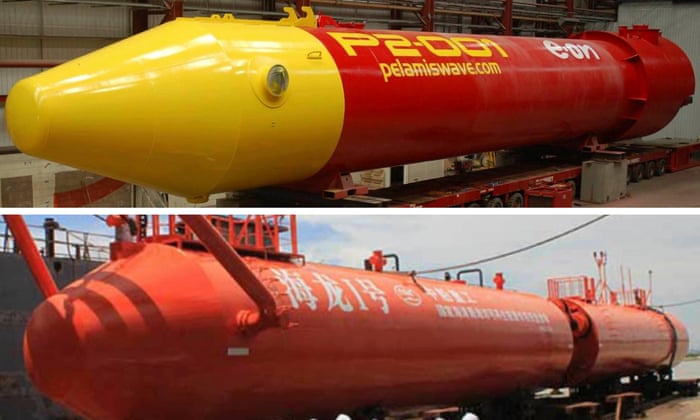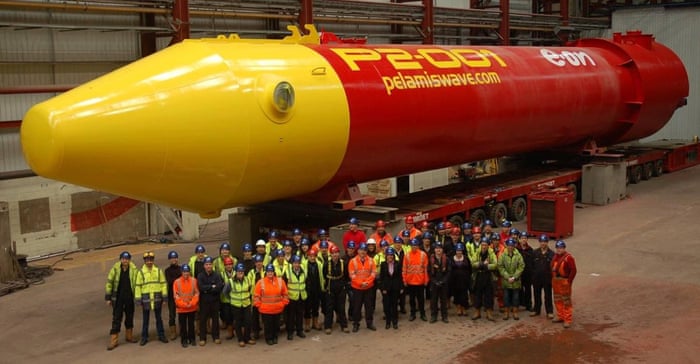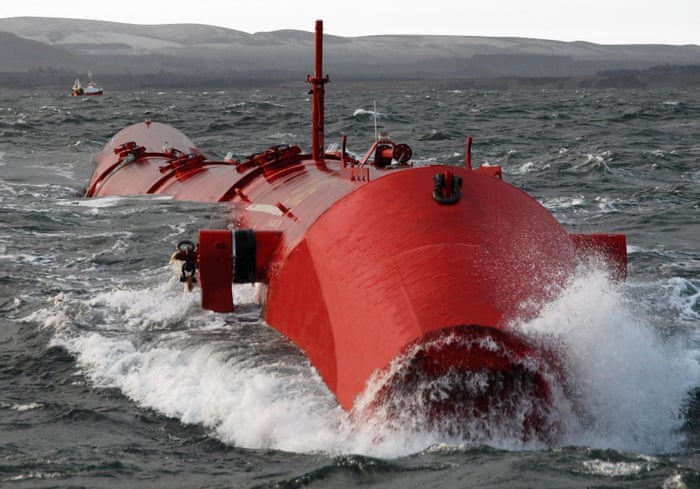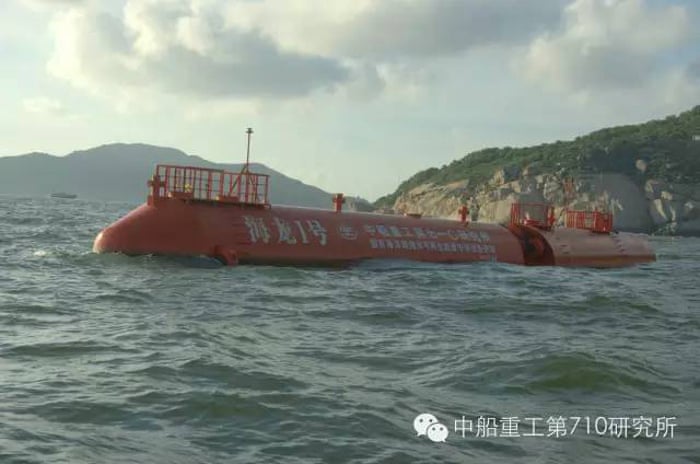By Charlotte Graham-McLay

Prof. Anne-Marie Brady’s focus on the Chinese Communist Party’s growing influence overseas has prompted the February burglary of her home in Christchurch, New Zealand.
WELLINGTON, New Zealand — A burglary targeting a New Zealand professor who has examined the Chinese Communist Party’s influence in Western countries has drawn the interest of Interpol and other police agencies.
Prof. Anne-Marie Brady, a China specialist at the University of Canterbury in Christchurch, New Zealand, said her home was burglarized in February while she and her family were out.
WELLINGTON, New Zealand — A burglary targeting a New Zealand professor who has examined the Chinese Communist Party’s influence in Western countries has drawn the interest of Interpol and other police agencies.
Prof. Anne-Marie Brady, a China specialist at the University of Canterbury in Christchurch, New Zealand, said her home was burglarized in February while she and her family were out.
The thief or thieves ignored a glass jar of cash and other valuables, she said, in favor of an “old, broken” laptop, on which she had conducted her most recent research, and a “cheap” cellphone the professor had used on travels to China.
There was strong circumstantial evidence that agents of Beijing were responsible.
Peter Mattis, a former C.I.A. analyst and now a China Program fellow at the Jamestown Foundation, said the burglary, along with previous break-ins at her office, meant there was “only one likely culprit for this,” referring to China.
Ms. Brady’s high profile on matters of China’s influence worldwide meant “intimidating her into silence would in a sense be a major win” for the country.
Ms. Brady’s recent paper, “Magic Weapons,” was published last September.
There was strong circumstantial evidence that agents of Beijing were responsible.
Peter Mattis, a former C.I.A. analyst and now a China Program fellow at the Jamestown Foundation, said the burglary, along with previous break-ins at her office, meant there was “only one likely culprit for this,” referring to China.
Ms. Brady’s high profile on matters of China’s influence worldwide meant “intimidating her into silence would in a sense be a major win” for the country.
Ms. Brady’s recent paper, “Magic Weapons,” was published last September.
It identified categories of political-influence activities by China in Western democracies, laid out what Ms. Brady said was the Chinese Communist Party’s blueprint for conducting such activities worldwide, and examined New Zealand as a case study of Chinese influence across most spheres of public life.
When Ms. Brady returned home on the day of the burglary, bed covers were rumpled and papers strewn about, but her husband’s laptop was left untouched.
When Ms. Brady returned home on the day of the burglary, bed covers were rumpled and papers strewn about, but her husband’s laptop was left untouched.
She said that it appeared to be a “psychological operation” and the latest in a series of incidents targeting her over her work.
She said her computer’s hard drive had been tampered with when she was previously in China, and that Communist Party officials questioned people she spoke with there.
Before the February burglary, she said, she received a letter warning her she would be attacked.
Clive Hamilton, a professor at Charles Sturt University in Canberra and author of a book on China’s influence in Australia, said that if evidence emerged that Chinese agents were involved in the burglary and office break-ins, it should act as “a cattle prod to the New Zealand body politic” about its relationship with Beijing.
That relationship has come under scrutiny over the past year among the “Five Eyes” intelligence sharing partnership, of which New Zealand is a member, along with the United States, Britain, Canada and Australia.
Ms. Brady’s paper was published around the time that a New Zealand lawmaker, Jian Yang, was forced to deny he had been a Chinese spy.
Before the February burglary, she said, she received a letter warning her she would be attacked.
Clive Hamilton, a professor at Charles Sturt University in Canberra and author of a book on China’s influence in Australia, said that if evidence emerged that Chinese agents were involved in the burglary and office break-ins, it should act as “a cattle prod to the New Zealand body politic” about its relationship with Beijing.
That relationship has come under scrutiny over the past year among the “Five Eyes” intelligence sharing partnership, of which New Zealand is a member, along with the United States, Britain, Canada and Australia.
Ms. Brady’s paper was published around the time that a New Zealand lawmaker, Jian Yang, was forced to deny he had been a Chinese spy.
Yang, who said he had merely taught English to spies in China, remains in Parliament.
At the time Ms. Brady’s paper was published, New Zealand’s political leaders played down its findings, but those findings struck a chord globally.
At the time Ms. Brady’s paper was published, New Zealand’s political leaders played down its findings, but those findings struck a chord globally.
Her paper was cited in government committee hearings in the United States and Australia — which in June introduced national security legislation banning foreign interference in politics.
Ms. Brady said she had received “more requests to speak around the world than I could fulfill in a lifetime.”
After the report’s release, Ms. Brady’s office at the university was broken into.
After the report’s release, Ms. Brady’s office at the university was broken into.
After her house was burglarized in February, the police began investigating two previous break-ins at her workplace.
The New Zealand police said in a statement that Interpol was aiding in their investigation.
The New Zealand police said in a statement that Interpol was aiding in their investigation.
The New Zealand Herald reported that the country’s Security Intelligence Service, which has a counterespionage mandate, was also involved in the inquiry and had swept Ms. Brady’s office for listening devices.
But the agency itself declined to comment.
Paul Buchanan, a former Pentagon analyst who is the director of 36th Parallel Assessments, a security consultancy in Auckland, New Zealand, said the involvement of Interpol and the local security service meant that the perpetrators of the burglary and break-ins “are abroad at this moment, or are agents of a foreign entity.”
“Everything in the New Zealand government’s response points to a state, a state-sponsored entity, or a foreign criminal organization being involved with this,” he said.
Members of the China research community in the United States and Australia said they were rattled by the case and had beefed up their own security because of it.
“People advising me on my security have been quite alarmed,” Mr. Hamilton, the Australian academic, said of the burglary of Ms. Brady’s home.
Paul Buchanan, a former Pentagon analyst who is the director of 36th Parallel Assessments, a security consultancy in Auckland, New Zealand, said the involvement of Interpol and the local security service meant that the perpetrators of the burglary and break-ins “are abroad at this moment, or are agents of a foreign entity.”
“Everything in the New Zealand government’s response points to a state, a state-sponsored entity, or a foreign criminal organization being involved with this,” he said.
Members of the China research community in the United States and Australia said they were rattled by the case and had beefed up their own security because of it.
“People advising me on my security have been quite alarmed,” Mr. Hamilton, the Australian academic, said of the burglary of Ms. Brady’s home.
“If China is targeting her, there’s a good chance they’re targeting me.”
While Ms. Brady said she was not frightened and would not back down from her research, Mr. Hamilton said a harassment campaign against her could have a broader target.
“We have to think about the ripple effects of the intimidation, and part of the intention is to send a message to other people who might be critical of the Communist Party,” he said.
Han Lianchao, a former pro-democracy activist in China, who has since worked as a Senate aide and China commentator in the United States, called Ms. Brady’s case unusual, but added if China’s involvement was proved, it would reflect “a pattern of intimidation that is being expanded from the domestic to the international,” and included kidnappings of dissident Chinese citizens abroad.
He said the Chinese state news media had in the past two or three years started to openly advocate “a hooligan spirit” in protecting its national interests in foreign countries.
New Zealand has become increasingly dependent on China as a market for its farm products, especially dairy goods, and the two countries have been in talks to expand a free-trade agreement signed in 2008.
New Zealand’s prime minister, Jacinda Ardern, would not comment on the case this week, citing the police investigation; she had earlier told The Herald that she would take action if evidence showed a foreign power was behind the break-ins.
The Chinese Embassy in New Zealand’s capital, Wellington, declined to comment on the case.
Ms. Brady said the government’s silence was “starting to look like procrastination.”
She said New Zealand’s government needed to reach a “level of respect” in its relationship with China “where we can point out things we don’t like.”
While Ms. Brady said she was not frightened and would not back down from her research, Mr. Hamilton said a harassment campaign against her could have a broader target.
“We have to think about the ripple effects of the intimidation, and part of the intention is to send a message to other people who might be critical of the Communist Party,” he said.
Han Lianchao, a former pro-democracy activist in China, who has since worked as a Senate aide and China commentator in the United States, called Ms. Brady’s case unusual, but added if China’s involvement was proved, it would reflect “a pattern of intimidation that is being expanded from the domestic to the international,” and included kidnappings of dissident Chinese citizens abroad.
He said the Chinese state news media had in the past two or three years started to openly advocate “a hooligan spirit” in protecting its national interests in foreign countries.
New Zealand has become increasingly dependent on China as a market for its farm products, especially dairy goods, and the two countries have been in talks to expand a free-trade agreement signed in 2008.
New Zealand’s prime minister, Jacinda Ardern, would not comment on the case this week, citing the police investigation; she had earlier told The Herald that she would take action if evidence showed a foreign power was behind the break-ins.
The Chinese Embassy in New Zealand’s capital, Wellington, declined to comment on the case.
Ms. Brady said the government’s silence was “starting to look like procrastination.”
She said New Zealand’s government needed to reach a “level of respect” in its relationship with China “where we can point out things we don’t like.”





